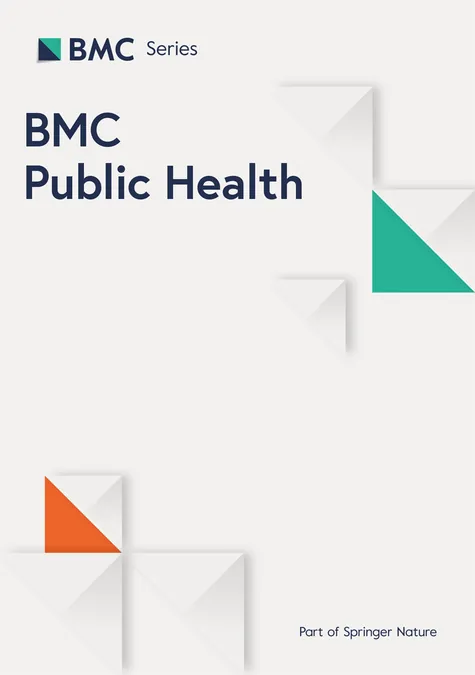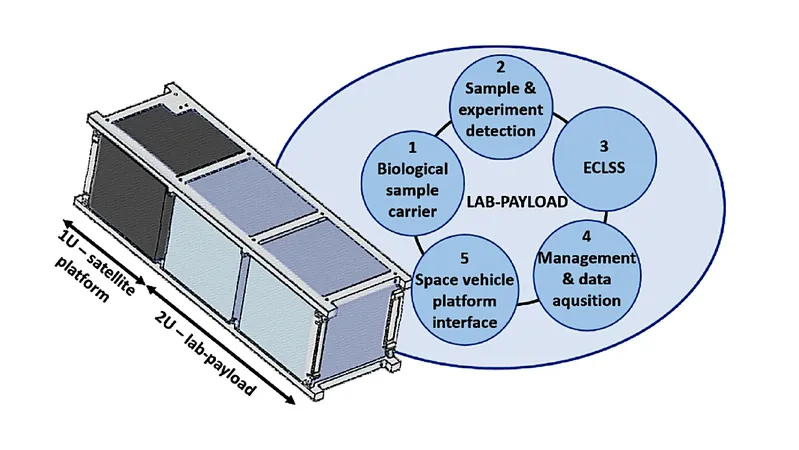
Staggering Prediabetes Rates Revealed in Palestinian Primary Health Care Centers
2025-08-25
Author: Mei
A Wake-Up Call for Health in Palestine
Recent research has illuminated a pressing public health issue in Palestine: prediabetes. This condition, often a precursor to type 2 diabetes, poses major health risks, and its prevalence among attendees at primary health care centers in the West Bank has reached alarming levels.
Studying the Depth of the Problem
Conducted from February to June 2024, this cross-sectional study examined 635 participants from various primary health care centers across the West Bank. Through HbA1c testing—critical for diagnosing prediabetes—researchers found that an astonishing 13.7% of attendees were affected, far exceeding previous national estimates.
Who Is Most at Risk?
The study did not just measure prevalence; it also pinpointed crucial risk factors. Factors such as central obesity, being male, older age, and a family history of diabetes were identified as significant contributors to prediabetes. Specifically, older adults had nearly 24 times the odds of having prediabetes compared to their younger counterparts, while males faced 4.5 times higher odds than females.
Lifestyle Impact: It's All Connected!
Moreover, lifestyle choices played a pivotal role. Unemployment doubled the odds of prediabetes, while physical inactivity and poor dietary habits increased risk factors significantly. Consuming fewer fruits and vegetables was linked to a staggering 3.1 times higher odds of prediabetes.
A National Health Crisis in the Making
With diabetes already ranked as a leading cause of death in Palestine, these findings point to a potential health crisis that could strain healthcare resources even further if not addressed. The need for early detection and lifestyle modifications cannot be overstated.
Call to Action for Policymakers
Healthcare experts urge immediate action. It's essential for policymakers to integrate prediabetes screening within primary care settings and implement strategies promoting healthier lifestyles. With the right intervention, it's possible to reverse these concerning trends and improve the overall health landscape in Palestine.
Conclusion: A Moment of Reflection and Action
As global awareness of diabetes and prediabetes rises, this study serves as a vital reminder for Palestinian authorities and health care providers about the need to prioritize prevention, screening, and health education. By confronting the challenges now, we can create a healthier future for communities across Palestine.



 Brasil (PT)
Brasil (PT)
 Canada (EN)
Canada (EN)
 Chile (ES)
Chile (ES)
 Česko (CS)
Česko (CS)
 대한민국 (KO)
대한민국 (KO)
 España (ES)
España (ES)
 France (FR)
France (FR)
 Hong Kong (EN)
Hong Kong (EN)
 Italia (IT)
Italia (IT)
 日本 (JA)
日本 (JA)
 Magyarország (HU)
Magyarország (HU)
 Norge (NO)
Norge (NO)
 Polska (PL)
Polska (PL)
 Schweiz (DE)
Schweiz (DE)
 Singapore (EN)
Singapore (EN)
 Sverige (SV)
Sverige (SV)
 Suomi (FI)
Suomi (FI)
 Türkiye (TR)
Türkiye (TR)
 الإمارات العربية المتحدة (AR)
الإمارات العربية المتحدة (AR)